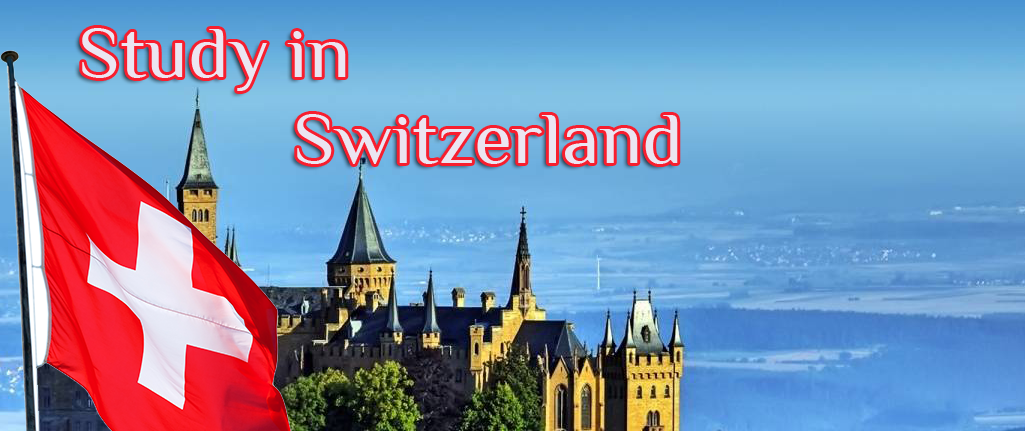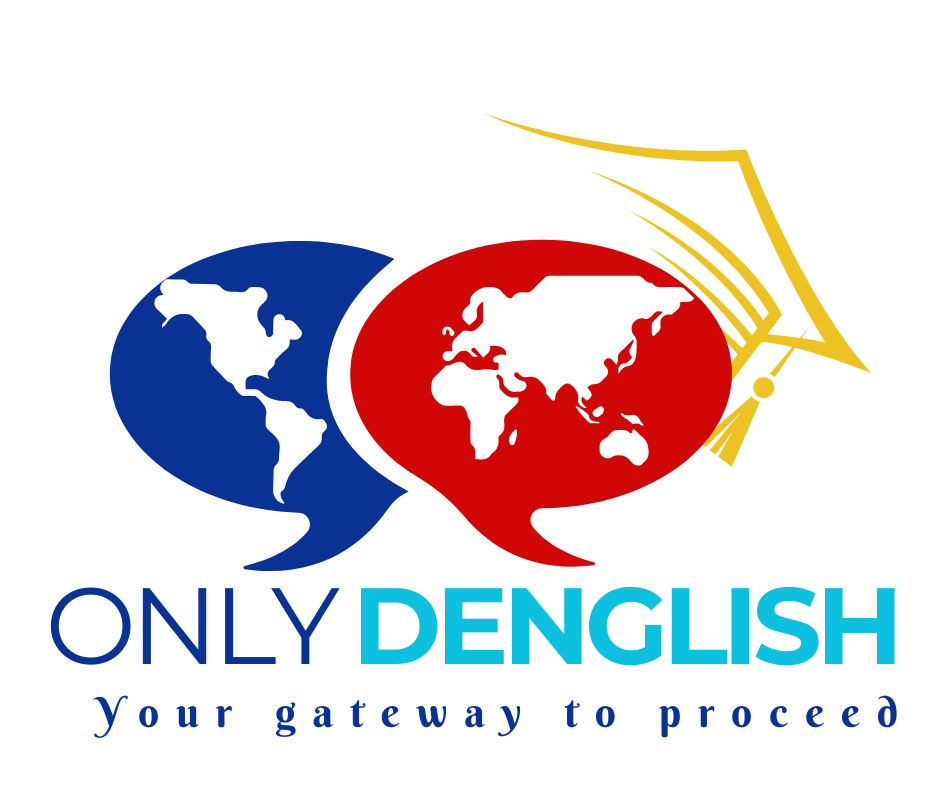
Study in Switzerland – A Complete Guide for International Students
Why Choose Switzerland?
Switzerland is globally recognized for its excellent education system, world-class universities, diverse study programs, and strong research opportunities. It provides students with a multicultural learning environment and valuable international exposure.
The capital, Bern, is famous for its preserved medieval architecture, UNESCO-listed old town, and vibrant cultural scene. As the administrative hub and home to the Swiss Federal Government, Bern reflects Switzerland’s stability and neutrality—two factors that have helped the nation remain politically safe and economically secure for decades.
Switzerland also offers stunning natural beauty, including the Alps, crystal-clear lakes, and charming towns, making it a top destination for both students and tourists. Economically, the country is known for its strong banking sector, low unemployment rates, and high standard of living. Its multilingual culture (German, French, Italian, and Romansh) highlights its diversity and historical richness.
Why Study in Switzerland?
- Academic Excellence: Renowned universities with high global rankings
- International Recognition: Degrees are widely respected, enhancing career opportunities worldwide.
- Multicultural Exposure: A rich mix of cultures and four official languages.
- Innovative Research: Strong focus on scientific, technical, and social research.
- High Quality of Life: Safe, clean, and well-organized environment for students.
Safety for International Students
Switzerland consistently ranks among the safest countries in the world. Crime rates are low, with violent crime being rare. Petty theft may occur in tourist-heavy areas but is generally uncommon.
Additional safety benefits:
- Stable political environment.
- Reliable public transport and infrastructure.
- Efficient emergency and healthcare services.
- Inclusive and respectful cultural atmosphere.
Academic Intakes
- Fall Intake (Major): Begins in September/October. Application deadlines are usually between January–April.
- Spring Intake: Starts in February/March, with deadlines between September–November of the previous year.
Types of Degrees & Duration
Switzerland offers around 833 English-taught programs, spread across bachelor’s, master’s, PhD, and diploma levels.
- Bachelor’s Degree: 3–4 years, 180–240 ECTS credits.
- Master’s Degree: 1.5–2 years, 90–120 ECTS credits.
- PhD/Doctoral Programs: 3–5 years, focused on original research.
- Diploma/Certificate Courses: Less than 1 year, 30–60 ECTS credits, for skill specialization.
- Postgraduate Diplomas: Up to 1 year, 30–60 ECTS credits, for advanced specialization.
Types of Institutions
- Public Universities – Emphasize theory, research, and academic excellence.
- Universities of Applied Sciences – Practical learning with strong industry connections.
- Pedagogical Universities – Specializing in teacher education.
- Arts & Design Schools – Focused on creative fields like design, architecture, and art.
- Business Schools – Known for MBA and finance-related programs.
- Technical Institutes – Offer vocational and applied science programs.
Leading Universities in Switzerland
- ETH Zurich – Ranked among the top technical universities worldwide.
- UniversitiesUniversity of Zurich – Oldest and largest, with strong programs in Law, Medicine, Economics, and Humanities. of Applied Sciences – Practical learning with strong industry connections.
- University of Geneva – Known for International Relations, Law, and Science.
- University of Basel – Offers courses in Life Sciences, Arts, and Social Sciences.
- University of St. Gallen – A leader in business and management studies.
Admission & Language Requirements
- English-Taught Programs:
- TOEFL: 80–100 iBT
- IELTS: 6.5–7.0 overall
- French Programs: B2–C1 level
- German Programs: DSH-2 or equivalent
- Italian Programs: C1 or higher
Additional requirements:
- GRE (for technical/science programs): 300–320 competitive score.
- GMAT (for business/MBA programs): 600–700 competitive score.
Currency & Finances
Tuition Fees:
- Public Universities: CHF 1,000 – 6,000 per year.
- Private Universities: CHF 10,000 – 40,000 per year.
- Application Fee: CHF 50 – 300.
Living Expenses:
- CHF 1,300 – 2,000 per month (₹1.3–2 lakh approx.).
- Annual requirement: CHF 15,600 – 24,000.
Scholarships in Switzerland
- Swiss Government Excellence Scholarships
- ETH Zurich Excellence & Opportunity Program
- University of Geneva Master’s Fellowships
- University of Bern Scholarships
- Swiss Federal Commission (FCS) Scholarships
Scholarships typically range CHF 10,000 – 20,000 per year, depending on the program.
Part-Time Work Options
- Up to 15 hours/week during semesters.
- Full-time work allowed during holidays.
- Average wages: CHF 20–30 per hour, varying by city and job type.
Post-Study Work & Residency Options
- Job Search Permit: Graduates can stay for 6 months after completing their studies to find a job.
- Residence Permit (B Permit): Granted for 1 year, renewable annually if employed.
- Settlement Permit (C Permit): Available after 10 years of continuous stay (for non-EU nationals).
Popular Job Sectors for Graduates:
- Finance & Banking (UBS, Credit Suisse, etc.)
- Technology & IT (Google, IBM, Startups)
- Healthcare & Pharma (Novartis, Roche)
- Academia & Research (universities, labs)
Average Salary Range:
- Entry-Level: CHF 80,000 – 100,000/year
- Mid-Level: CHF 90,000 – 120,000/year
- Senior-Level: CHF 120,000 – 160,000+/year
